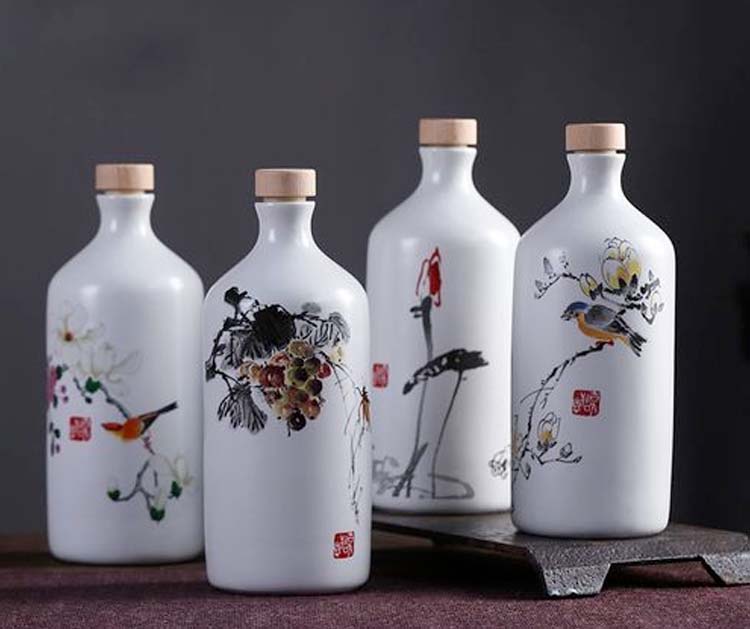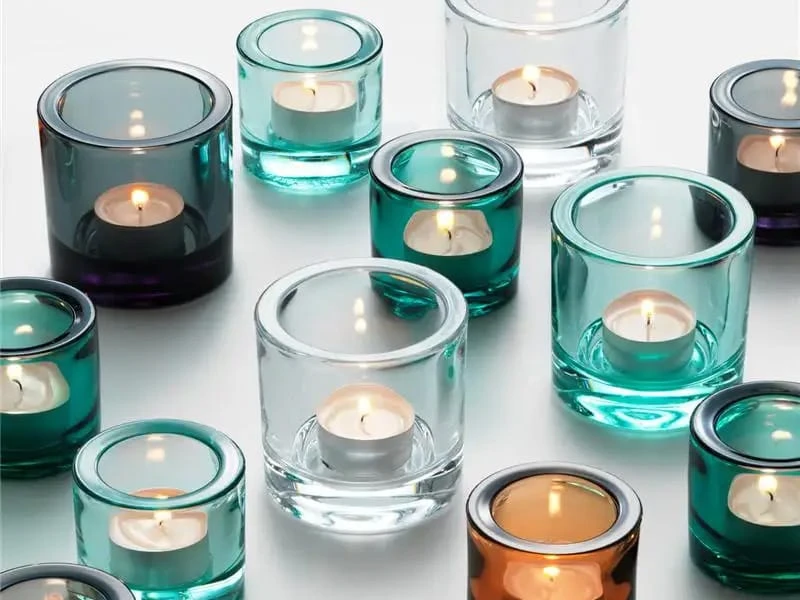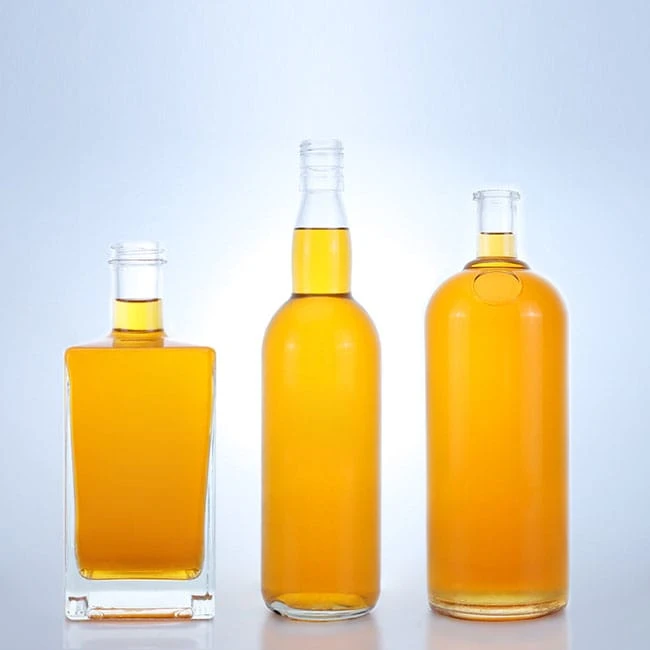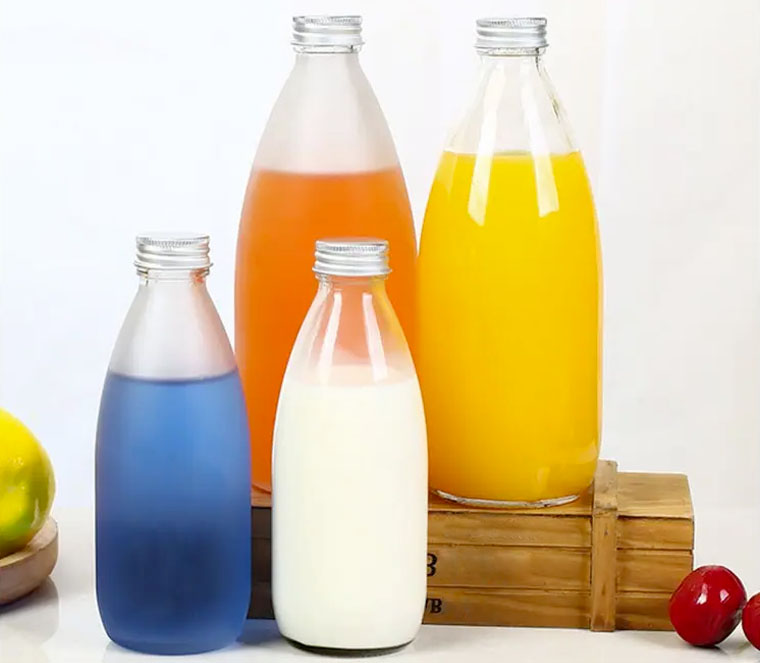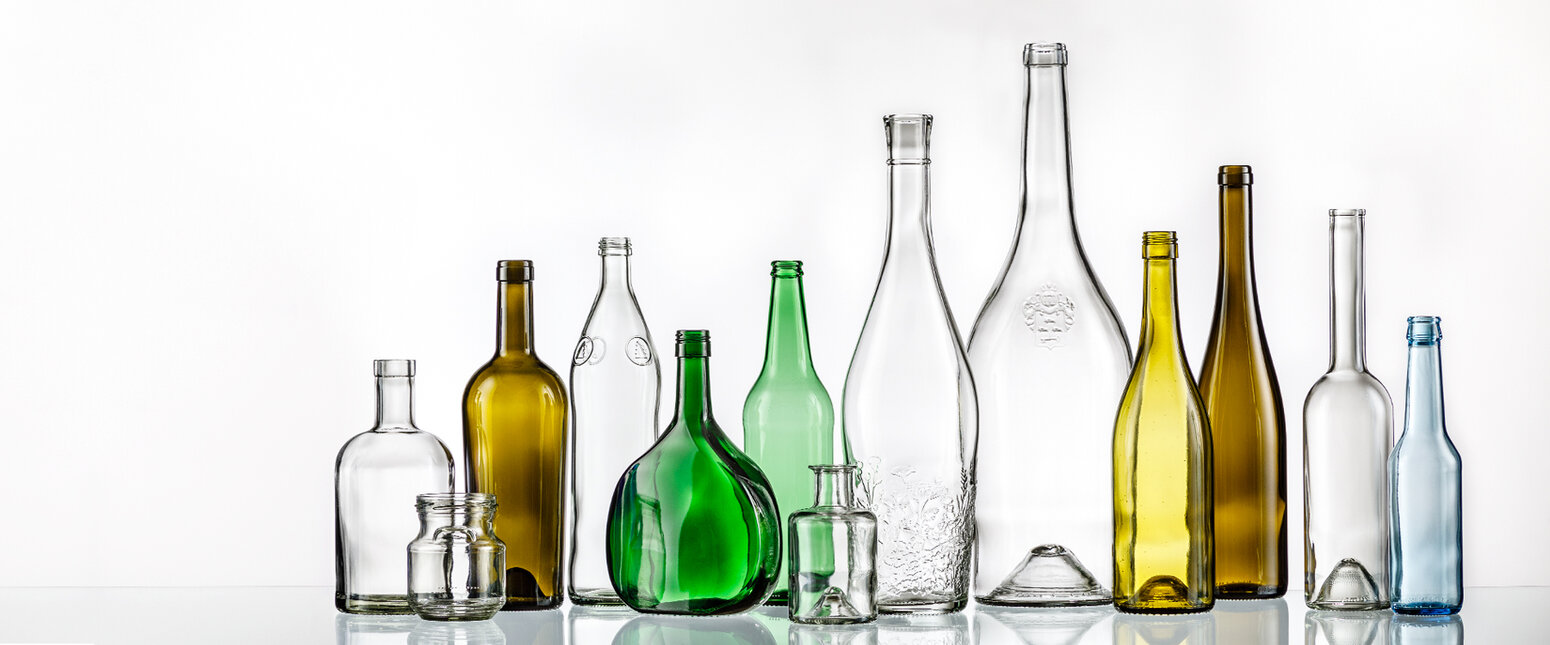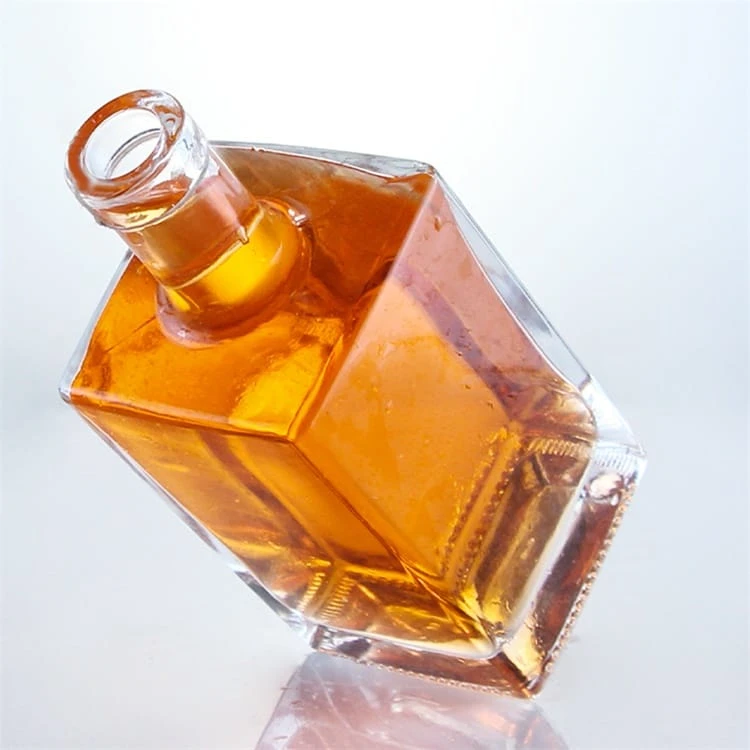Olive oil, often referred to as “liquid gold,” is cherished for its exquisite flavor and health benefits. The vessel in which this precious oil is stored plays a significant role in preserving its quality and enhancing its appeal. Olive oil bottles serve as both functional containers and works of art, showcasing the harmonious fusion of aesthetics and functionality. In this article, we embark on a journey into the captivating world of olive oil bottles, exploring their design, craftsmanship, and addressing frequently asked questions (FAQs) to provide you with an in-depth understanding of these iconic vessels.
Design Elegance: A Feast for the Eyes
Olive oil bottles are renowned for their elegant designs, captivating the senses with their aesthetics and enhancing the overall experience of enjoying this liquid delicacy. Crafted with careful consideration, these bottles showcase a range of designs, from classic simplicity to contemporary sophistication.
The selection of materials, such as glass or ceramic, conveys a sense of refinement and ensures optimal preservation of the olive oil. These bottles often boast unique shapes, featuring elongated necks and graceful curves that not only add visual charm but also facilitate easy pouring and controlled drizzling.
Stylish labels and packaging add an extra touch of allure to the olive oil bottles. Intricate artwork, elegant typography, and premium finishes enhance the overall presentation, making them not only a vessel for the oil but also a decorative element that adds elegance to any kitchen or dining space.
Craftsmanship: A Testament to Quality
Craftsmanship lies at the heart of every exceptional olive oil bottle. Meticulously crafted by skilled artisans, these bottles undergo a meticulous process to ensure the highest quality standards are met. The artisans combine traditional techniques with contemporary innovation to create bottles that are as functional as they are beautiful.
The glassblowing process, for example, requires precision and finesse. The artisans carefully shape the molten glass into the desired form, achieving the perfect balance between aesthetics and functionality. Attention to detail is paramount, ensuring that each bottle is flawlessly crafted, with no imperfections that could compromise the quality of the olive oil it holds.
Functional Features: Preserving the Essence
Olive oil bottles are designed with practical features that serve to protect the precious contents. The light-blocking properties of dark-colored glass bottles, particularly in shades of green or amber, shield the oil from harmful UV rays, thus maintaining its freshness and preventing oxidation.
Many olive oil bottles are equipped with airtight closures, such as screw caps or cork stoppers, that provide a secure seal to prevent air from entering the bottle and causing the oil to degrade. This preservation of the oil’s flavor and quality ensures that each pour is a delightful and aromatic experience.
Frequently Asked Questions (FAQs)
Q: Can olive oil bottles be customized with labels or branding?
A: Absolutely! Olive oil bottles can be customized with labels, logos, or branding, allowing producers to create a distinct identity for their products. Customized bottles and packaging provide an opportunity for brands to communicate their story and appeal to discerning consumers.
Q: What sizes are available for olive oil bottles?
A: Olive oil bottles come in a variety of sizes to accommodate different needs. Common sizes range from small single-serve bottles of a few ounces to larger family-sized bottles of one liter or more.
Q: How should olive oil be stored in a bottle?
A: To preserve the quality of olive oil, it should be stored in a cool, dark place away from direct sunlight or heat sources. Ideally, it should be stored in a tightly sealed bottle to minimize exposure to air and maintain its freshness.
Q: Are olive oil bottles dishwasher-safe?
A: Most olive oil bottles, particularly those made of glass or ceramic, are dishwasher-safe. However, it is recommended to refer to the manufacturer’s instructions to ensure proper care and maintenance.
Q: Can olive oil bottles be reused or recycled?
A: Yes, olive oil bottles can be reused for storing other liquids or repurposed for decorative purposes. Additionally, glass or ceramic bottles can be recycled to contribute to sustainability efforts.
Conclusion
Olive oil bottles are both functional vessels and exquisite works of art that embody the essence of this esteemed culinary treasure. Their elegant designs, crafted with utmost precision and attention to detail, enhance the overall olive oil experience. From the selection of quality materials to the incorporation of practical features, every aspect of these bottles is carefully considered to preserve the oil’s flavor and freshness. Whether gracing kitation to dining tables, olive oil bottles continue to captivate with their beauty and functionality—a true testament to the fine art of packaging this liquid gold.


